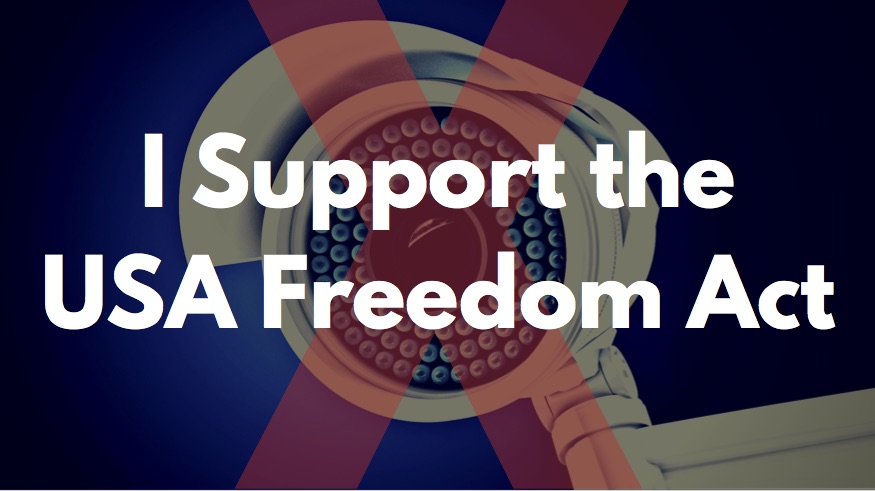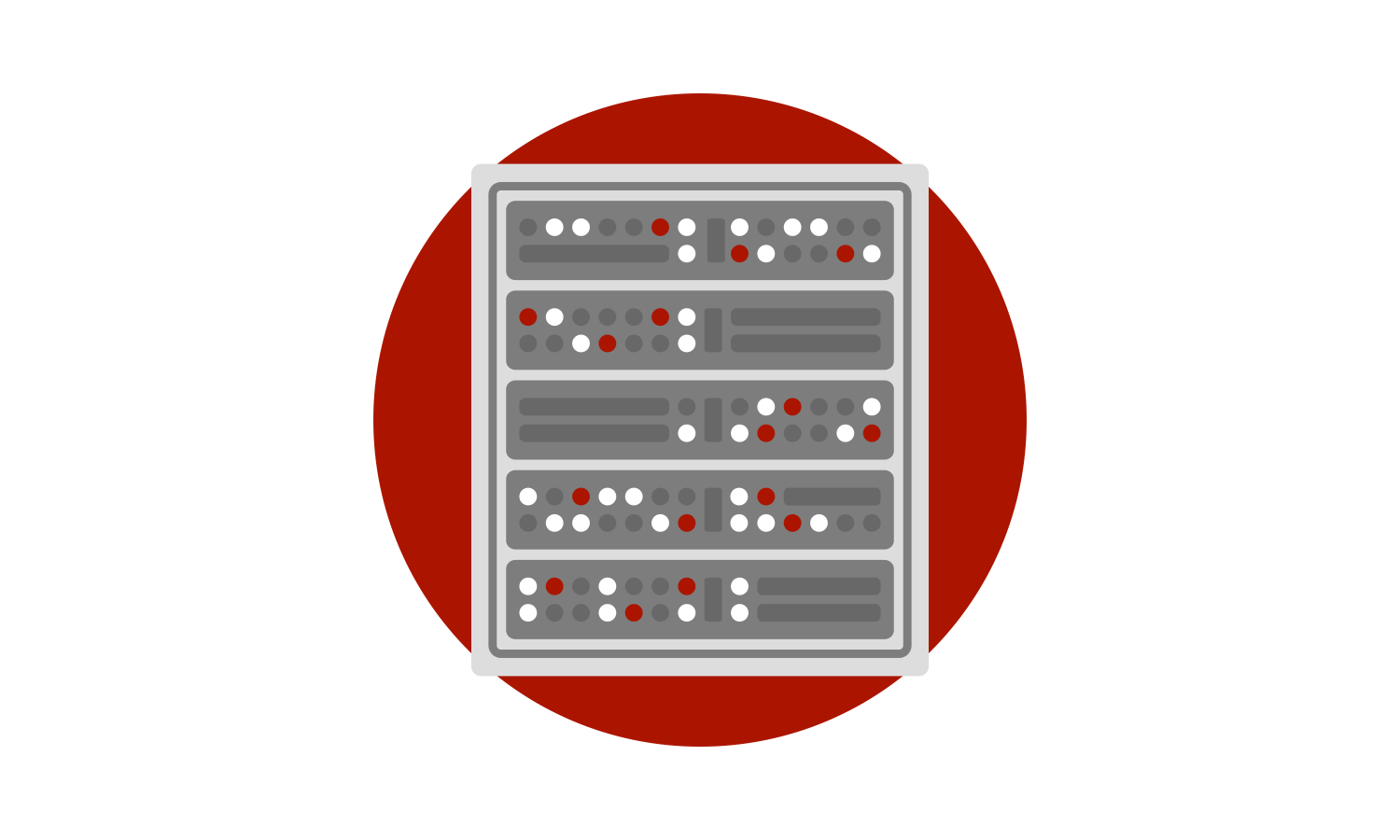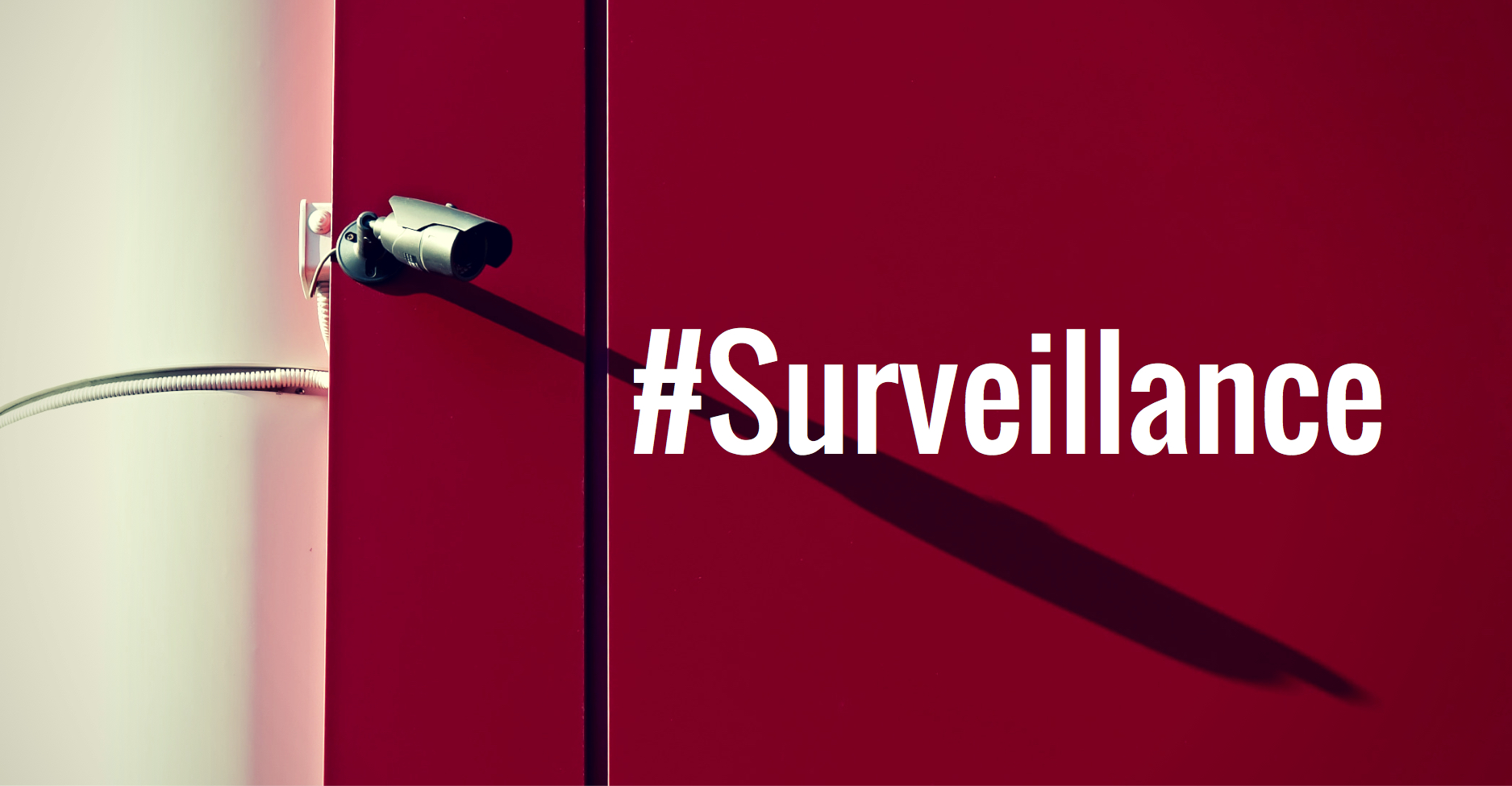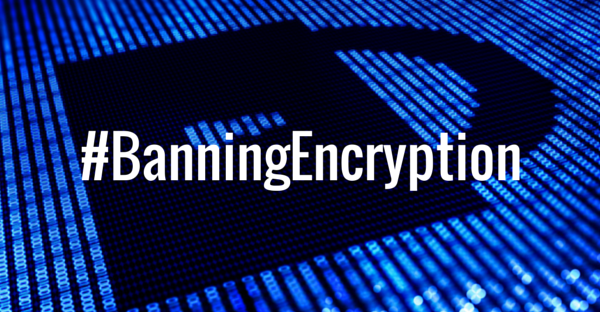The i2Coalition Public Policy Working Group is responsible for determining the specific responses for the i2Coalition in regards to global policy issues that are important to the Internet’s infrastructure. Recent achievements center around Net Neutrality and surveillance reform, achieved through engagement with the FCC and in support of the USA FREEDOM Act in the U.S., respectively. The Working Group is currently focusing attention on a number of important issues including patent troll reform.
The i2Coalition engages in policy matters in accordance with its General Mission Statement and meets regularly to discuss issues that arise that fall within our scope. Policy Group members take an active role in reviewing policy and writing briefs on behalf of i2Coalition that support the industry’s goals. The i2Coalition believes that an open and free Internet drives economic growth and enhances the lives of people around the globe. As an organization, we promote policies that foster continued development and expansion of the Internet.
Recent Public Policy Working Group projects include:
- We participate in the Digital Due Process Coalition (DDP) and delivered key Congressional sponsorships in a collective fight to reform the Electronics Communications Privacy Act (ECPA).
- We provided comments on the importance of an open Internet to maintain the continued growth of the cloud to the FCC in response to its Net Neutrality proposal.
- We led an aggressive advocacy campaign in five key cities to reform the patent system and to curb the patent troll litigation issues that devastate our industry.
- We were leaders in a coalition that helped drive core support for the USA FREEDOM Act, the largest reduction of U.S. surveillance authority in a generation, which passed in early 2015.
- We actively speak out against the expansion of Internet surveillance worldwide, including being a voice against Bill C-51 in Canada.
- We actively engage in the debate on the role of encryption in the digital economy.
- We submitted an amicus brief in the important Microsoft Ireland email privacy case.
- We’ve taken an important role in educating U.S. lawmakers on the IANA transition as part of our focus on the DOTCOM Act.
- We provided strategic counsel and comments on the proposed NIST cybersecurity framework.
Recent Updates On US Policy

I Support The USA Freedom Act
Our Co-Founder and Board Chair, Christian Dawson (President of ServInt) recently penned the following editorial sent to the New York Times.

Leading Internet Infrastructure Coalition Signals Support for USA FREEDOM Act of 2015
i2Coalition commends bi-partisan bill for striking balance between transparency and security.

Surveillance, Privacy and the New Congress Further Reading List
Surveillance, Privacy and the New Congress: A further reading list.

Banning Encryption Article Roundup: UPDATE
We’ve collected a series of articles to help navigate the debate around encryption on the Internet that has ebbed and flowed for nearly twenty years.
